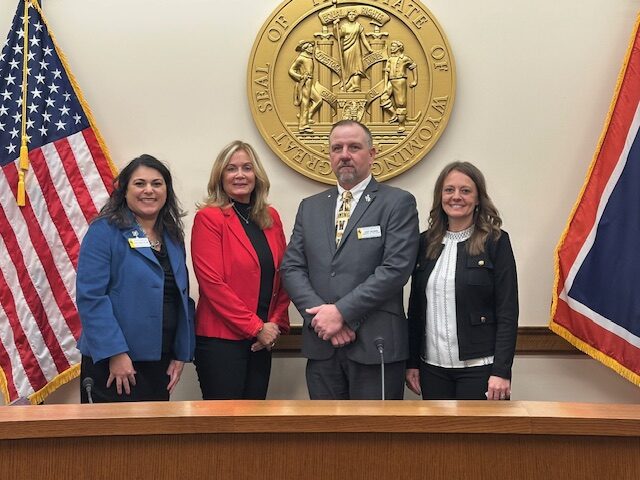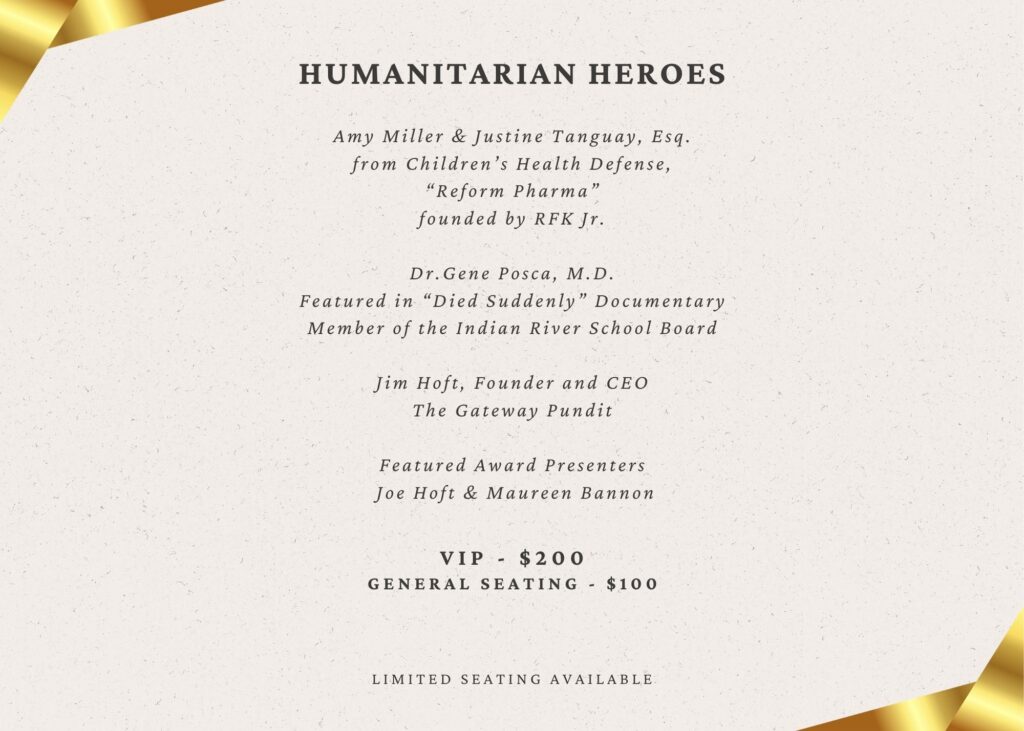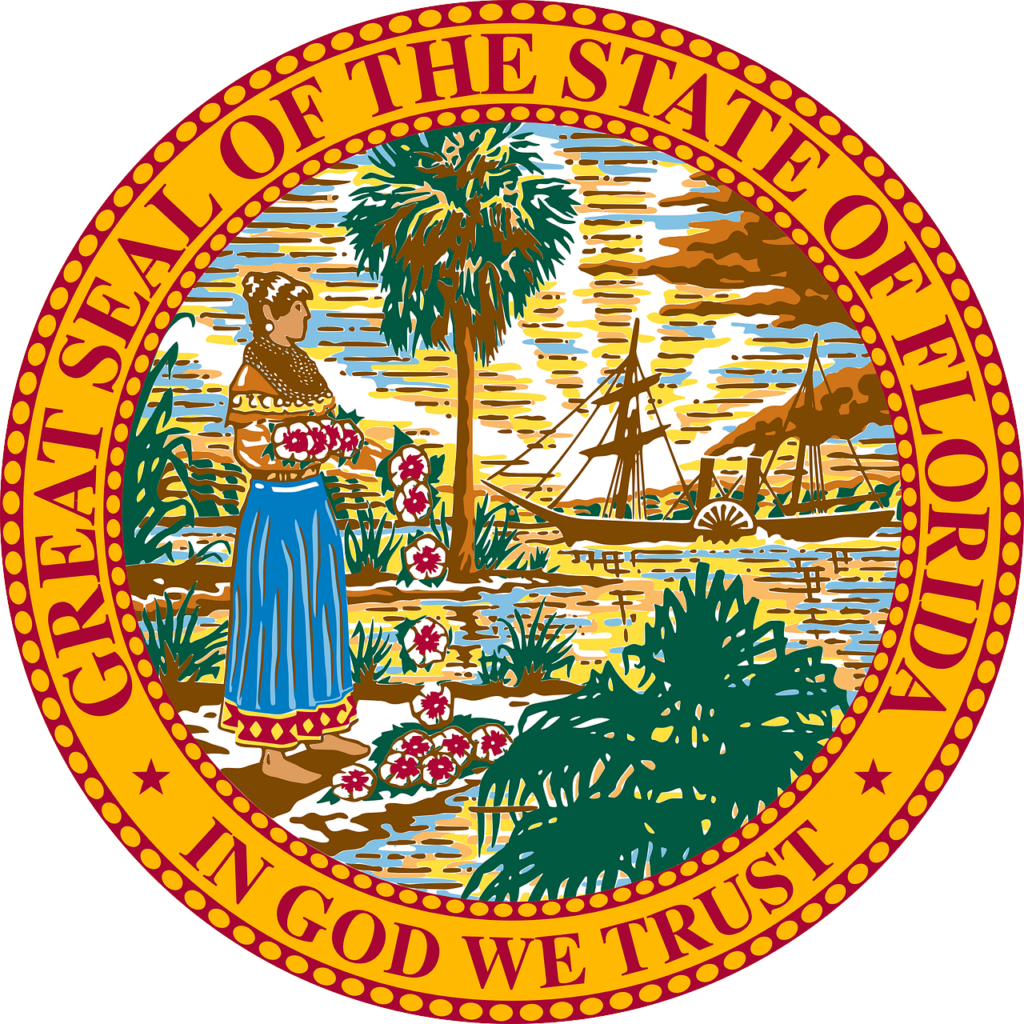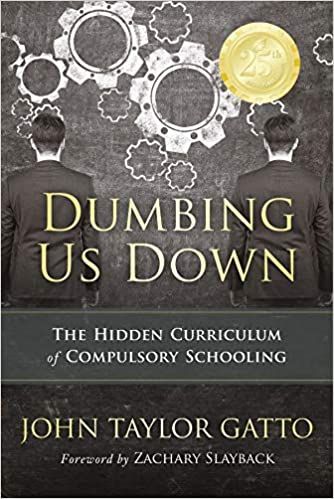With over 100 years of mandatory schooling behind us now, we have seen the progression of issues such as illiteracy and learning disabilities in our children. Dumbing Us Down: The Hidden Curriculum of Compulsory Schooling, which is John Taylor Gatto’s radical treatise on how the formal education system is damaging our children and families, is a true eye-opener. This New Society Publisher’s bestseller was originally published in 1992, had a 10th anniversary edition published in 2002, and the most recent 25th anniversary edition was printed in 2017, with a foreword from Zachary Stayback, who is an Ivy League dropout and cofounder of tech startup career foundry Praxis.
Gatto, who spent 30 years teaching in the public school system before writing this book, is an advocate for education being central to the family, instead of being used to separate children from their families. In the book, Gatto makes a strong case that effective education should promote individuality and privacy instead of conformity. Gatto is an advocate for home schooling, and points out how back in the 1800s children’s skill levels were developed much earlier than they are now, and far beyond what our school systems consider acceptable nowadays. The book also introduces the idea that genius is a very common quality that is being suppressed in our society, and we have been made to believe that genius is a rarity.
Dumbing Us Down, which opens with a speech given by Gatto in 1991 when he was named “Teacher of the Year,” is known to be a fairly easy read. In the book, Gatto explains how the modern public school system is driving out the natural curiosity and problem-solving skills children are born with, and replacing it with rule-following, fragmented time, and disillusionment. Gatto encourages children to be their own teachers and in charge of designing their own education. And he makes a strong case for why the mass education system that has developed in America does not support democracy or any of the values the United States was taught as a result of the American Revolution.
While Gatto explains how the school system itself is setting children up for failure, he also believes there are many humane and caring teachers in our schools that are just caught in a faulty system. Another key takeaway from this extremely valuable and timeless text is Gatto’s concept that “the teaching function, in a healthy community, belongs to everyone,” and that we should not just be looking to education professionals to define “good teaching.”
About the Author
John Taylor Gatto was born in on December 15, 1935, in Monongahela, Pennsylvania. He did his undergraduate work at the University of Pittsburgh, as well as Cornell and Columbia in New York. Gatto then served in the U.S. Army medical corps at Fort Knox, Kentucky and Fort Houston, Texas. After his military service, Gatto completed graduate work at the City University of New York, Hunter College, Yeshiva, the University of California, and Cornell.
Before and during Gatto’s teaching career, he served in various other occupations, many of which involved writing. He wrote scripts for the film business, wrote for advertising, was an ASCAP songwriter, and eventually founded Lava Mt. Records, which is an award-winning documentary record producer. Gatto’s record company has completed a variety of big-name projects, including presentations of speeches from Richard M. Nixon and Spiro Agnew.
Gatto’s teaching career garnered him quite a few awards. He was named New York City Teacher of the Year three times, and then held the title of New York State Teacher of the Year. After leaving his teaching career after 30 years, telling the Wall Street Journal that he was “no longer willing to hurt children,” he moved on to become a much-sought-after public speaker on the topic of school reform. His speaking engagements took him across all 50 states in the U.S., and to seven foreign countries.
Gatto had also recieved other awards, such as the Alexis de Tocqueville Award for his contributions to the cause of liberty. From 1996 on, he has been included in the Who’s Who in America. He has authored a handful of other books, including A Different Kind of Teacher and The Underground History of American Education.
Gatto passed away on October 25, 2018. His obituary on the website for the Foundation for Economic Education stated that after three decades in the classroom, “Gatto dedicated the rest of his life to repairing the damage done by the public education system.”
Reviews
Meryn Callander, author and co-founder of the Alliance for Transforming the Lives of Children:
“Gatto presents a credible case for his belief that school is an essential support system for a model of social engineering that condemns most people to be subordinate stones in a pyramidal social order, even though such a premise is a fundamental betrayal of the American Revolution.”











